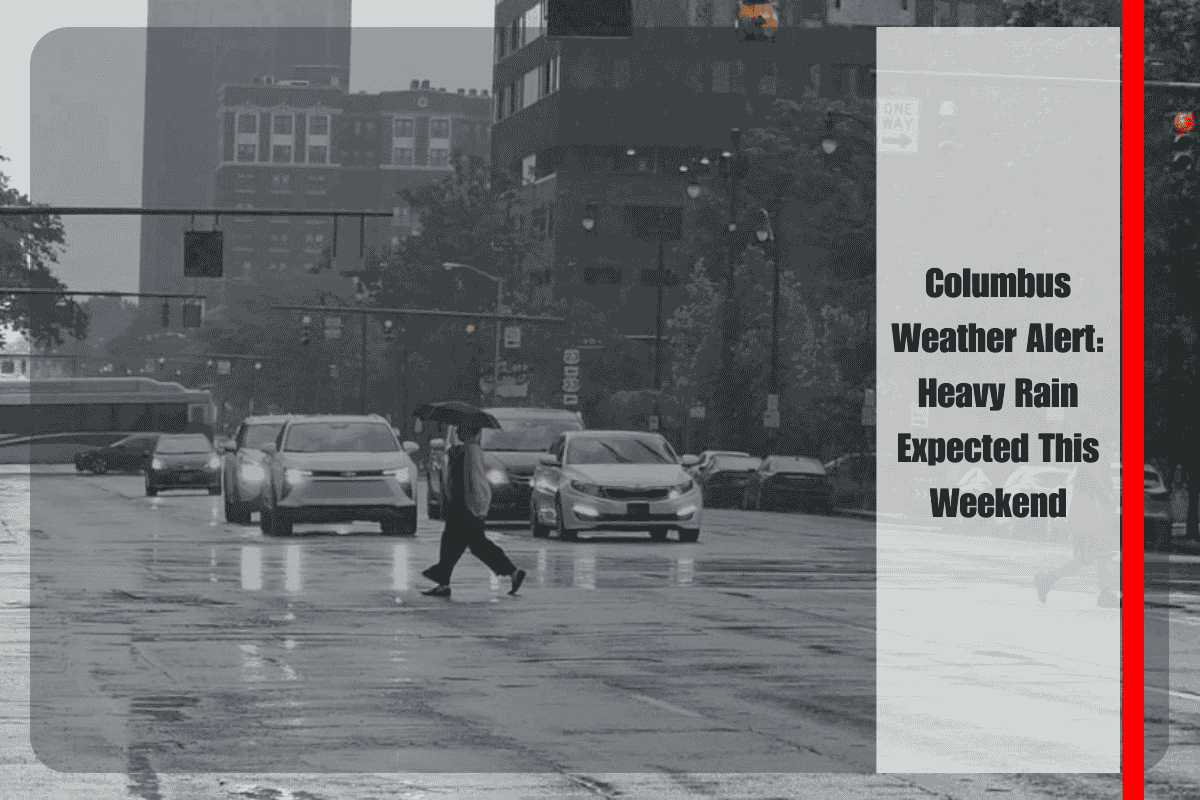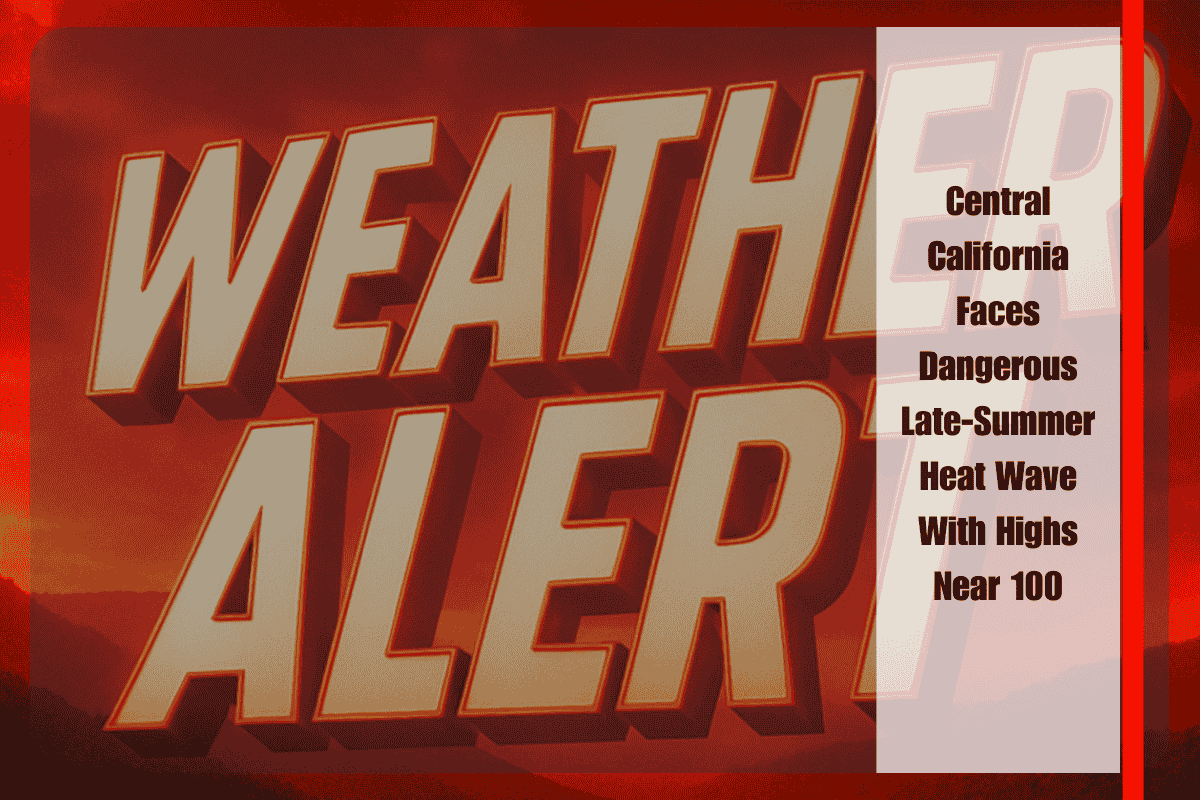The Pacific Northwest is currently enduring one of its most severe heat waves in recent memory, with temperatures soaring well above seasonal norms and little overnight relief. According to the National Weather Service (NWS), this stretch of dangerous heat will persist through at least Tuesday, placing millions of residents across Oregon and Washington at heightened risk of heat-related illnesses.
Persistently High Temperatures
Unlike the Southwest, where conditions are expected to ease by Sunday, the Pacific Northwest will remain locked in sweltering heat through midweek. Daytime highs across western Oregon, western Washington, and the interior valleys are registering in the “major to extreme” risk category on NWS heat indexes. Compounding the danger, nighttime lows in cities such as Portland, Seattle, and Spokane are running far above average, preventing bodies from cooling down after long, hot days.
This lack of overnight relief is particularly concerning for vulnerable populations, including the elderly, children, outdoor workers, and those with preexisting medical conditions. Without cooler nights to recover, the cumulative stress on the body greatly increases the risk of heat exhaustion, heatstroke, and other serious complications.
Public Health Warnings
Health officials are urging residents to take extra precautions during this extended heat event. Recommendations include limiting strenuous outdoor activity, staying hydrated, and monitoring friends, family, and neighbors who may be at greater risk. Officials emphasize that even healthy, active individuals can succumb to heat illness if proper precautions are not taken.
Hospitals and clinics across the region are preparing for an uptick in heat-related emergencies, as has been seen in previous extreme weather events. Authorities are particularly concerned about houseless populations and individuals without access to air conditioning.
Community and Utility Responses
In response, cities across Oregon and Washington have activated cooling centers to provide safe, air-conditioned spaces for those in need. Portland has extended the hours of public libraries and community centers, while King County has designated multiple locations where residents can seek relief.
Utilities in both states are also asking customers to conserve energy, especially during peak afternoon and evening hours, to avoid stressing the electrical grid. High demand for air conditioning combined with the extended duration of the heat wave poses risks of localized outages if energy use is not carefully managed.
Prolonged Danger Ahead
Meteorologists caution that the most dangerous aspect of this heat wave is its duration. A single day of high heat can be challenging, but several consecutive days with little nighttime cooling can be deadly. With advisories expected to remain in place until at least Tuesday, residents are being urged not to let their guard down.
Officials warn that this event should be taken seriously, as the prolonged exposure to extreme heat is historically associated with spikes in hospitalizations and fatalities. For many, the coming days will be a test of resilience, preparedness, and community support in the face of an ongoing climate challenge.












